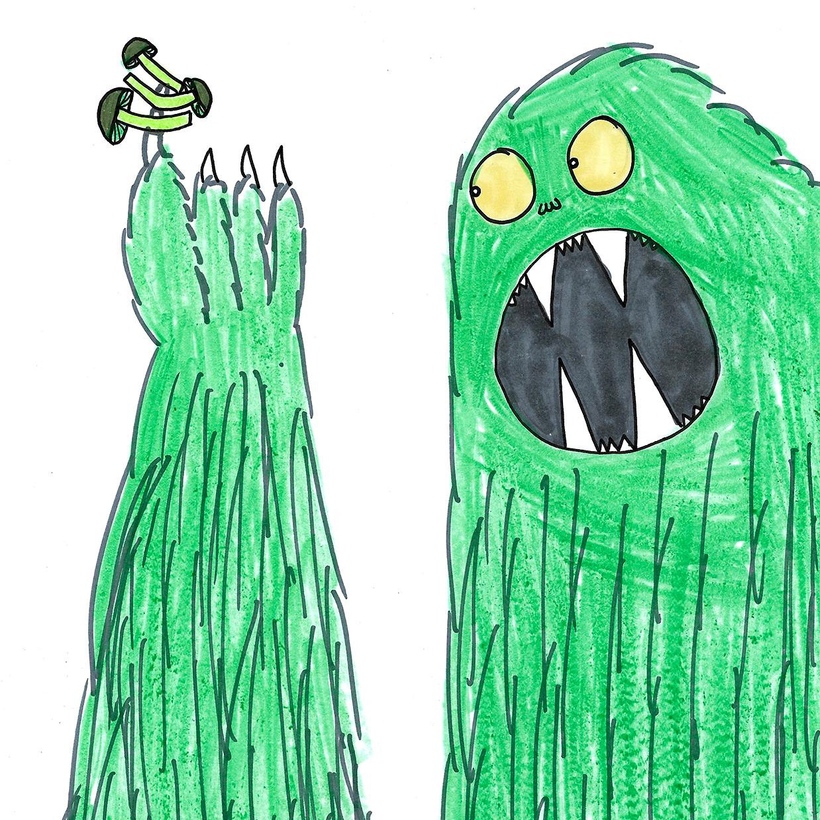There’s nothing like being married to a doctor during a global pandemic to give a writer a healthy dose of humility. As the severity of the crisis became clear, I felt a sense of impotence and inadequacy as I watched medics and other key workers shoulder immense burdens on behalf of all of us.
When the UK went into strict lockdown, I thought of all the families facing the hourly challenge of entertaining and educating younger children, who’d been abruptly deprived of school and playtimes with their friends, and it struck me that there might be something meaningful I could do to help — not life-saving, unfortunately, but hopefully lockdown-improving.

